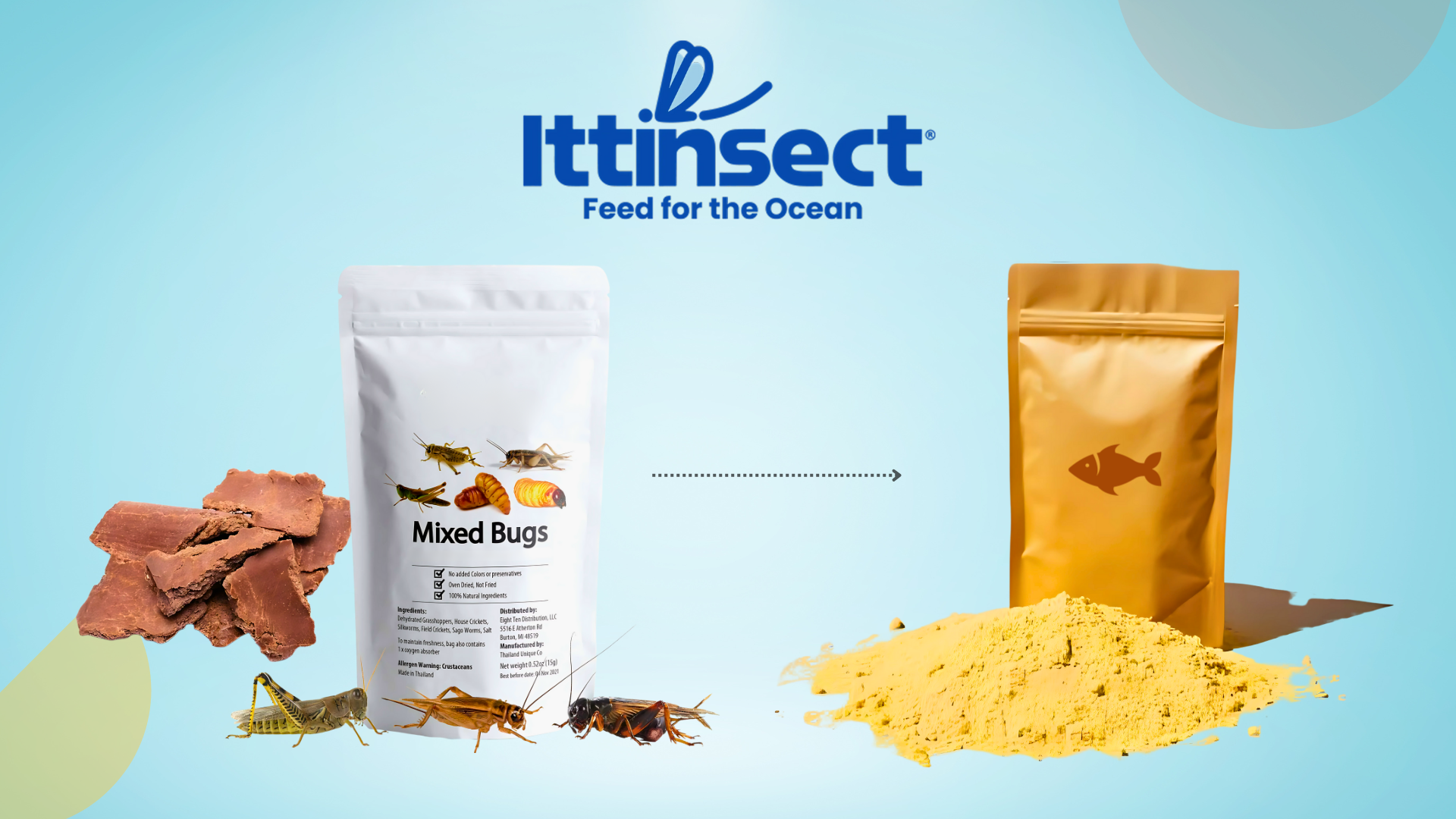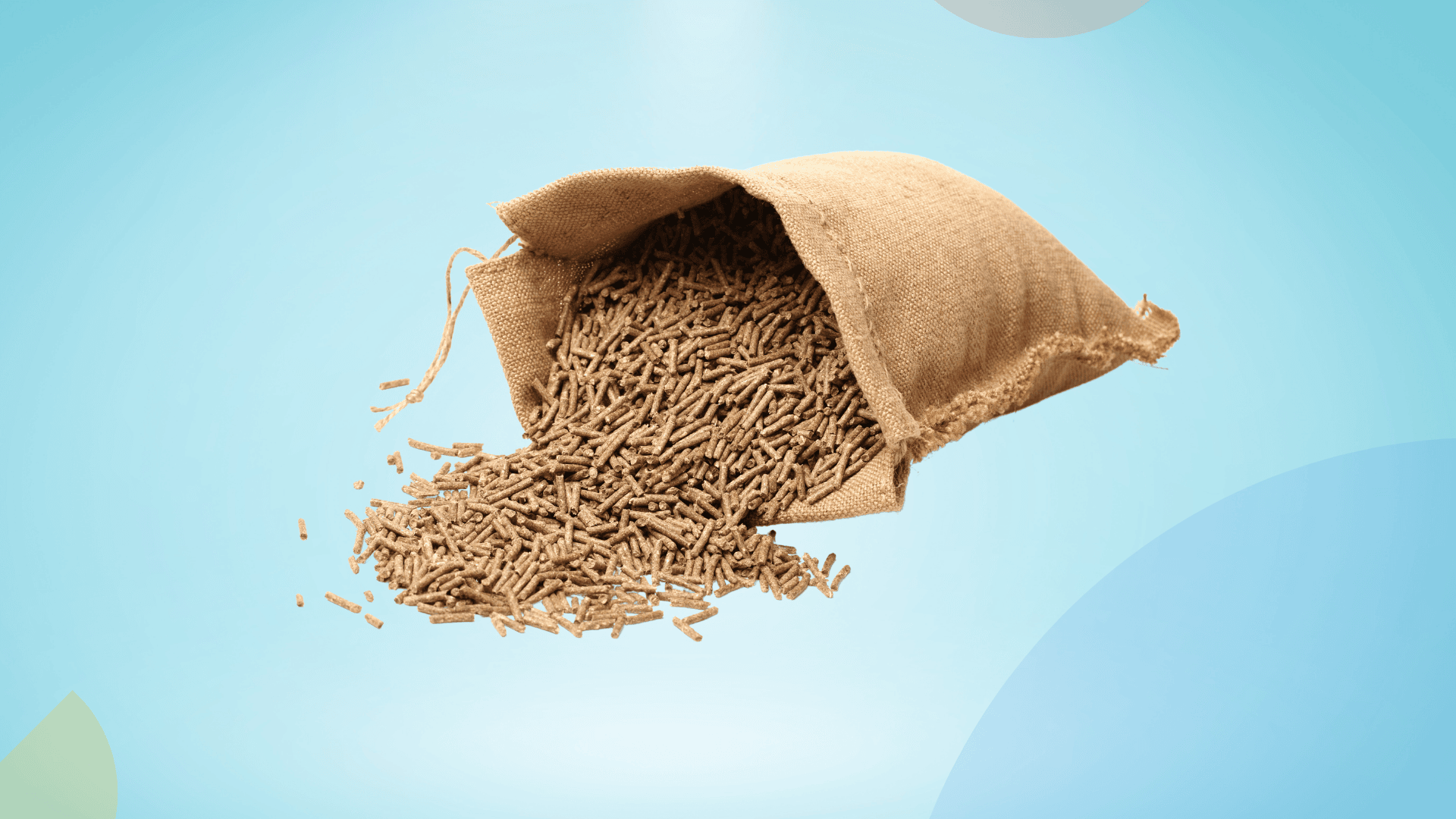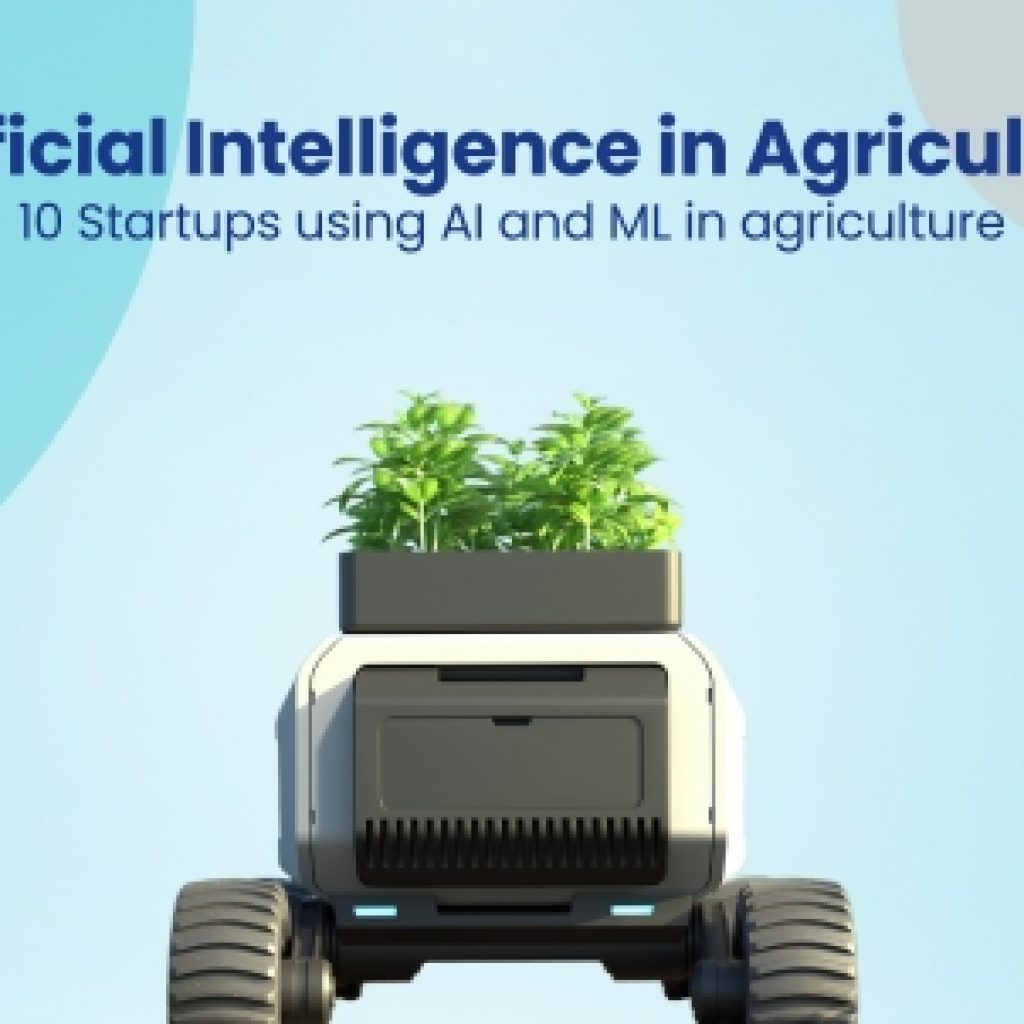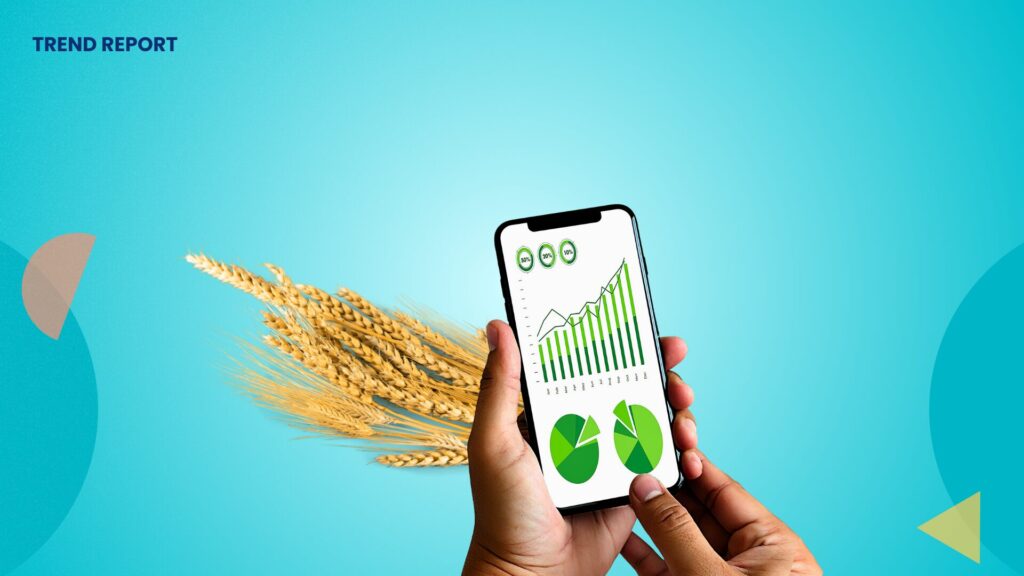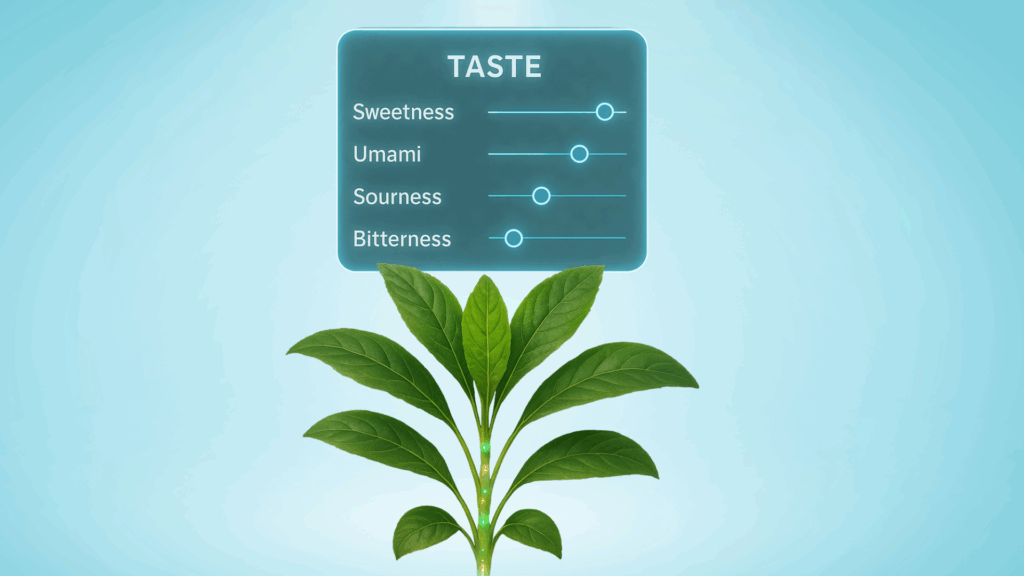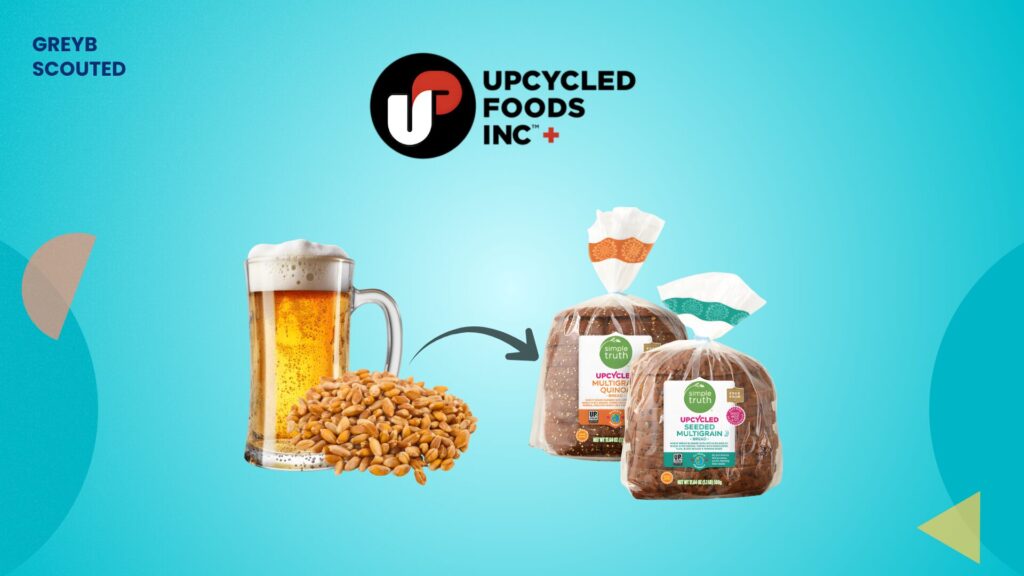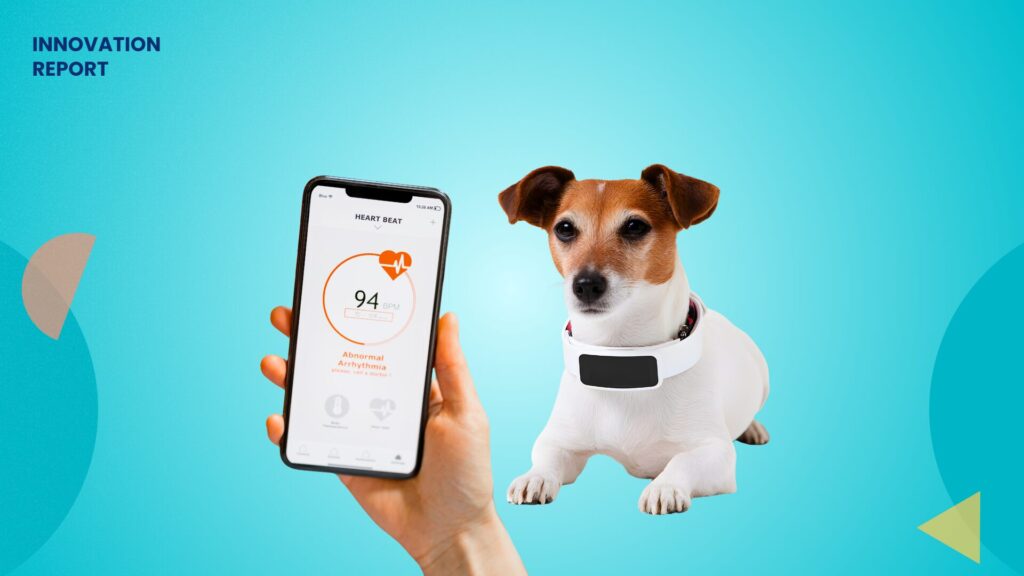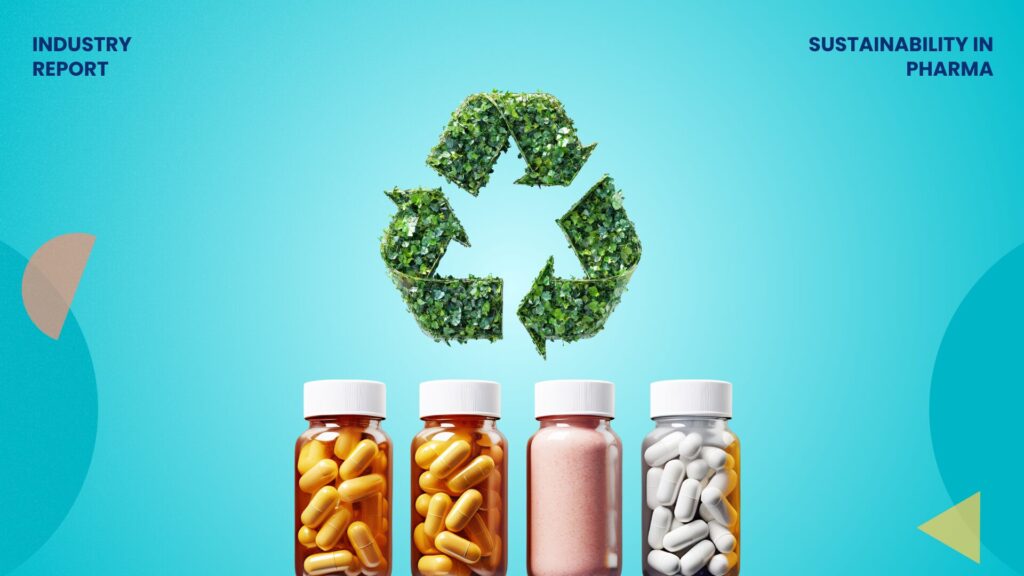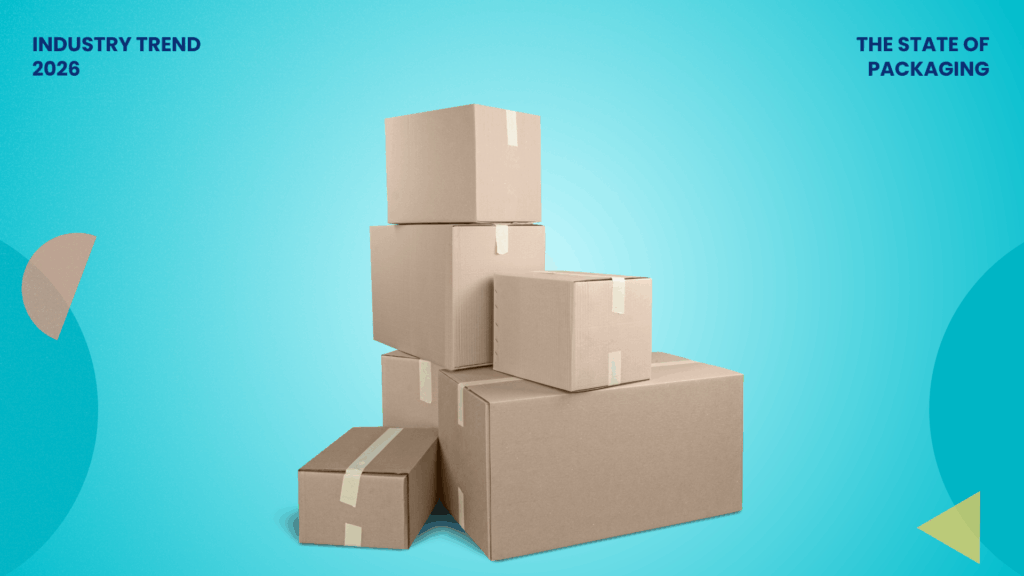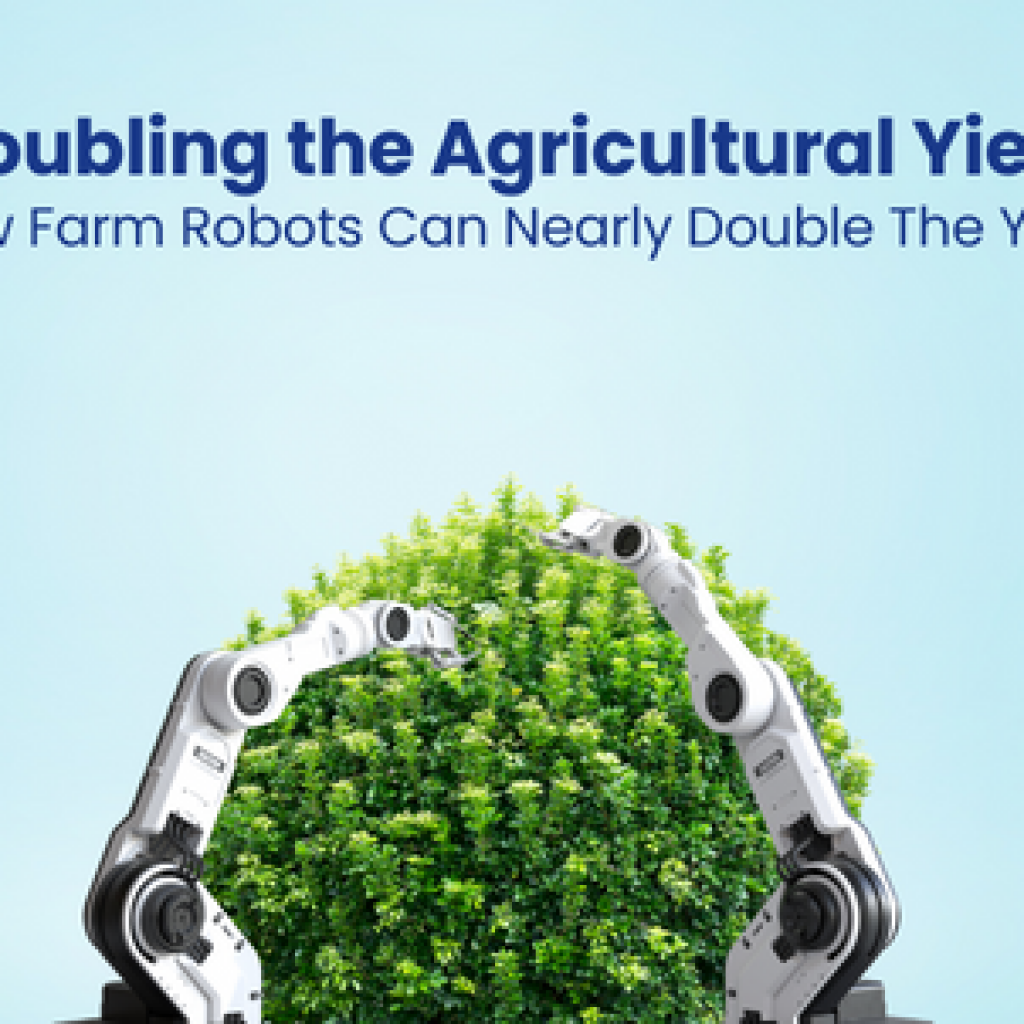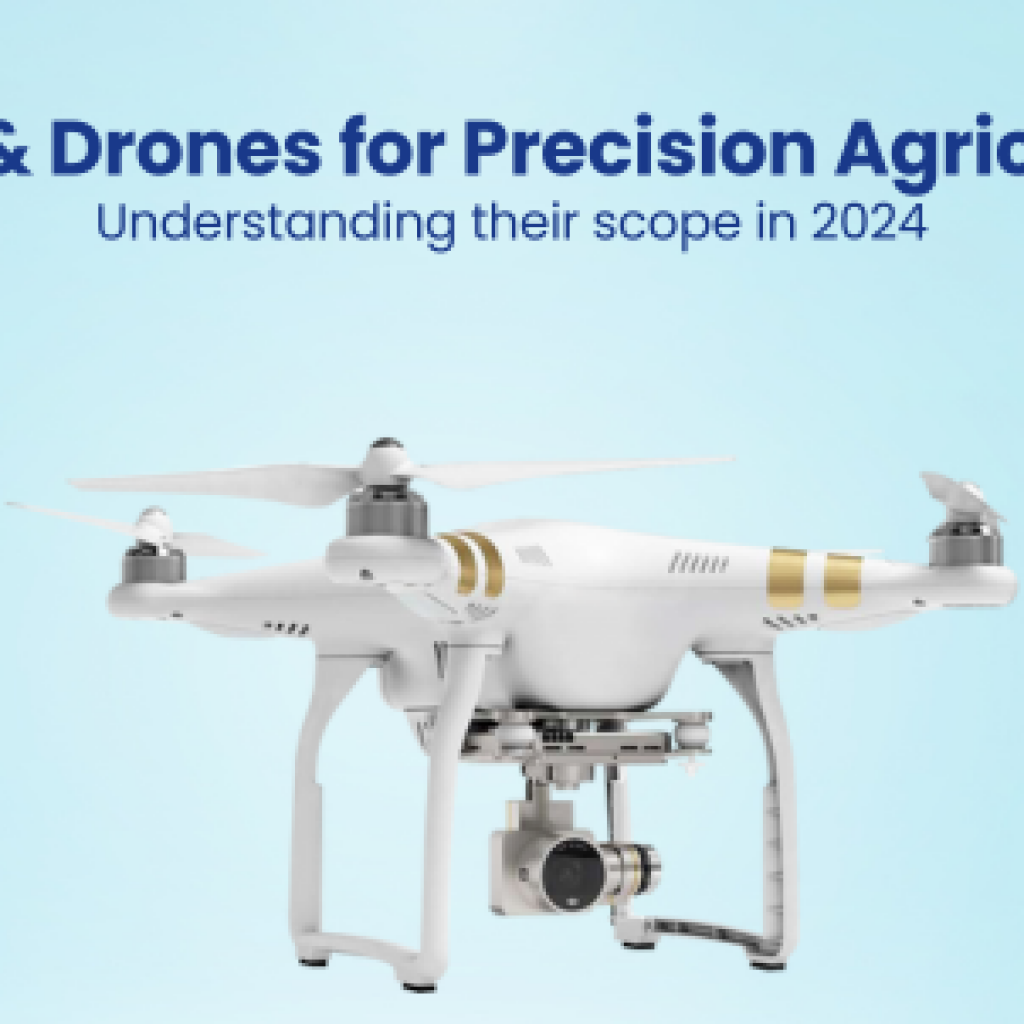Fishmeal is used extensively in aquaculture because it’s essentially the gold standard for fish nutrition. It’s unmatched in digestibility, nutrient density, and palatability. But its overuse puts significant strain on marine ecosystems.
Up to 20% of global wild fish caught is for fishmeal and fish oil. These fish are vital prey for marine predators like seabirds, dolphins, and larger fish. Removing them disrupts food chains and reduces biodiversity. On top of overfishing, climate change exacerbates the fish population decline, putting more species at risk.
But a startup named Ocean Twist Biotechnology has come up with a solution. They make sustainable, high-performance protein ingredients for aquaculture and livestock feed. Their mission is to reduce reliance on ocean-derived resources like fishmeal by offering biotech-driven alternatives. These alternatives are sourced from circular materials like insects and agricultural byproducts.
To better understand how their process works, we spoke to Alessandro Romano, CEO of Ocean Twist Biotechnology. This article contains notable highlights from our entire conversation.
This interview is part of our exclusive Scouted By GreyB series. Here, we speak with the founders of innovative startups to understand how their solutions address critical industry challenges and help ensure compliance with industry and government regulations. (Know more about startups scouted by GreyB!)
“We’re reducing the reliance on marine resources for animal feed by turning agricultural waste and insects into high-value proteins, benefiting both the environment and food security.”
– Alessandro Romano
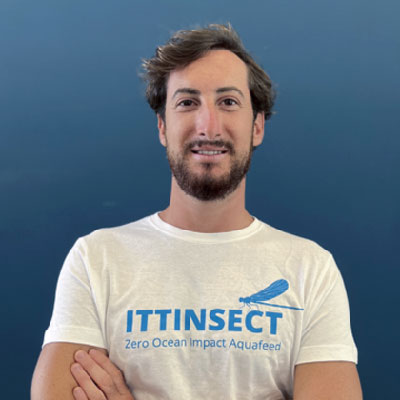
Alessandro Romano is the CEO of Ocean Twist Biotechnology. Early in his career, he worked in Switzerland’s ship finance sector, where he first encountered fishmeal as a commodity. This exposure sparked his interest in the environmental cost of marine resource extraction. In 2020, he undertook a 40-day sailing expedition on a cabinless catamaran, surviving only on fish he could catch. The experience revealed the depleted state of marine biodiversity, motivating him to launch a company that could reduce human pressure on the ocean
Ocean Twist fights overfishing using insects like black soldier fly and agricultural waste
Ocean Twist is a biotech company that aims to solve the problem of overfishing. They provide sustainable protein sources for the animal feed industry as an alternative. Based in Rome, Italy, Ocean Twist uses advanced biotech processes to turn agricultural side streams and insect-based proteins into high-quality feed ingredients. Their mission is to reduce the global reliance on marine resources, which currently sees 25 million tons of fish being caught every year for animal feed.
What does Ocean Twist do, and what kind of impact are you planning to make?
Alessandro: At Ocean Twist, we develop biotech processes to reduce the reliance on marine resources in animal feed. Every year, millions of tons of fish are caught from the ocean to become animal feed, and much of that is not directly for human consumption. Our goal is to improve protein sources coming from agricultural side streams and insects. We use enzymatic and green chemistry processes to convert waste materials, like byproducts from the vegetable oil industry, into high-value proteins and fibers. These products are ideal for use in animal feeds. This reduces pressure on the oceans, supports food security, and enhances sustainability.
Can you elaborate on your partnership with ENI and how it fits into your business?
Alessandro: We’re excited about our partnership with ENI, the Italian energy company. We have entered into a joint development agreement to extract proteins from agricultural side streams, especially those related to biofuel production in Africa. This partnership will help us expand into the animal feed market, particularly for livestock and fish. Our focus is on swine, poultry, and pet food. But we’re also exploring other areas like fish feed, where we have a deep specialization.
What are the technical challenges you face in turning waste products into usable protein for the agriculture market?
Alessandro: The main technical challenge is sourcing materials that are consistent in quality and available in large enough quantities. We need reliable partners who can provide us with side streams like hemp or pumpkin seed press cakes. The challenge extends to making sure the process is scalable and cost-effective. We’ve developed patented methods for extracting proteins from insects, but doing so at a cost-effective rate is crucial. Our main focus is to design biotech processes that yield high-value proteins without excessive costs, as making feed too expensive would defeat the purpose.
How does your technology improve digestibility and palatability in animal feeds?
Alessandro: Making animal feed both digestible and palatable is always a challenge. But it’s essential for ensuring animals receive proper nutrition. Our biotech processes ensure that animals can easily absorb the protein meals we create. Our challenge is to ensure that the cost of these improvements doesn’t make the final product prohibitively expensive. By optimizing our processes, we manage to create highly digestible and tasty feed while maintaining affordability.
How do you overcome the challenges of convincing the aquaculture industry to adopt your feed?
Alessandro: The aquaculture industry is indeed conservative, especially when it comes to adopting new feed solutions. However, we’ve learned that partnering with established players in the industry early on helps build trust. We’ve been working with major feed manufacturers and conducting trials with real customers in Italy to gather data and demonstrate that our feed works as well as, or better than, existing alternatives. Our data and proof of concept make it easier for potential customers to see the value of shifting to more sustainable, efficient feed sources.
What are your future expansion plans?
Alessandro: Looking ahead, we plan to expand into international markets where the demand for sustainable animal feed solutions is growing. We aim to extend our focus beyond Italy and explore opportunities in other European countries, especially where regulations around sustainability and resource use are becoming stricter. Additionally, we’re working on increasing our partnerships and collaborations to help accelerate the adoption of our solutions in new markets.
Meet our Interviewer – Shabaz Khan, Marketing Manager at GreyB
Shabaz Khan, Marketing Manager
Want to find other scalable startups working on food and agricultural sustainability? Please fill out the form below to contact our experts.
Get in touch
Please share your query below

